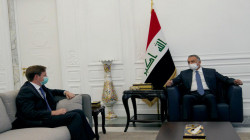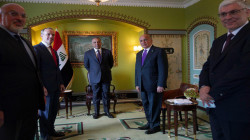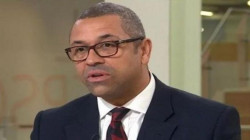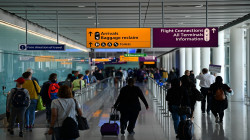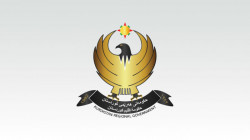UK eyes deal to resolve US tariffs
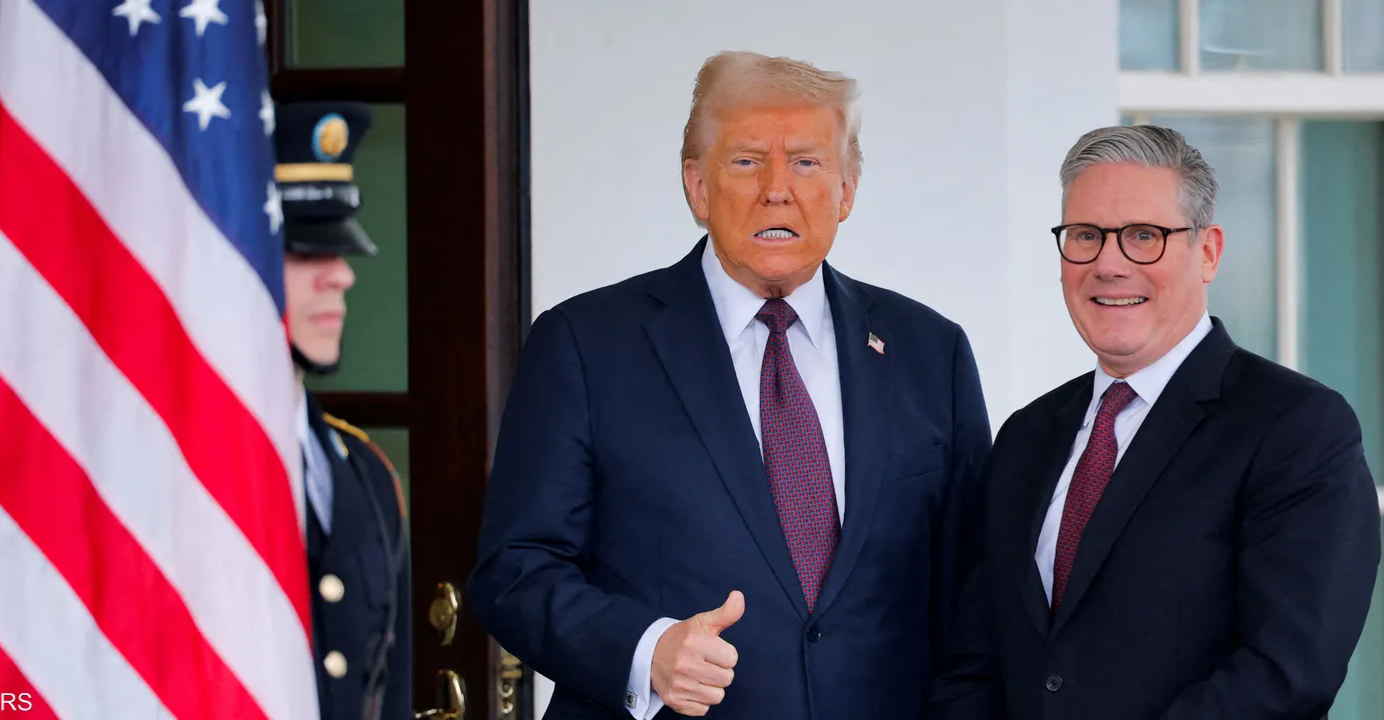
Shafaq News/ Britain is confident that new US tariffs can be reversed through the establishment of an economic agreement, Business Secretary Jonathan Reynolds said on Tuesday.
Speaking ahead of the expected announcement of tariffs by US President Donald Trump, Reynolds said the UK government believes the foundation for an economic partnership is already in place. “I believe that the framework of an agreement is certainly in place,” he told the BBC. “We could sign heads of terms on that, and then talk about the detail over a specific timescale that would be to the US’s satisfaction going forward.”
Reynolds acknowledged that the White House appears determined to apply tariffs globally before negotiating individual exemptions. Despite that, he said the UK was not planning immediate retaliatory measures, describing Britain’s position as a “calm-headed approach” supported by the business community.
Prime Minister Keir Starmer also indicated that talks with the US are “well advanced.”
As part of the negotiation process, the UK is reviewing its digital services tax, which has drawn criticism from Washington for disproportionately affecting American tech firms. Officials are also adjusting their regulatory posture on artificial intelligence, aligning more closely with US policy to boost tech sector cooperation. Reynolds noted that the UK is currently the third-largest AI market in the world, behind the United States and China.
Certain areas, however, remain off the table. Reynolds said issues such as food standards would not be part of any agreement. He added that while the UK prefers a negotiated resolution, and “the longer we don’t have a potential agreement, the more those things will be considered.”
Reynolds said the UK and US remain in regular contact and emphasized the importance of continued dialogue in maintaining the strength of the bilateral relationship.
Since returning to office in January 2025, Trump has reintroduced broad tariffs as part of his trade agenda. His administration imposed levies on imports from Mexico, Canada, and China, citing concerns over trade imbalances, border security, and fentanyl trafficking. In March, those tariffs were expanded, with rates on Chinese goods raised to 20% and most Canadian and Mexican imports taxed at 25%, prompting countries to vow retaliatory action.
